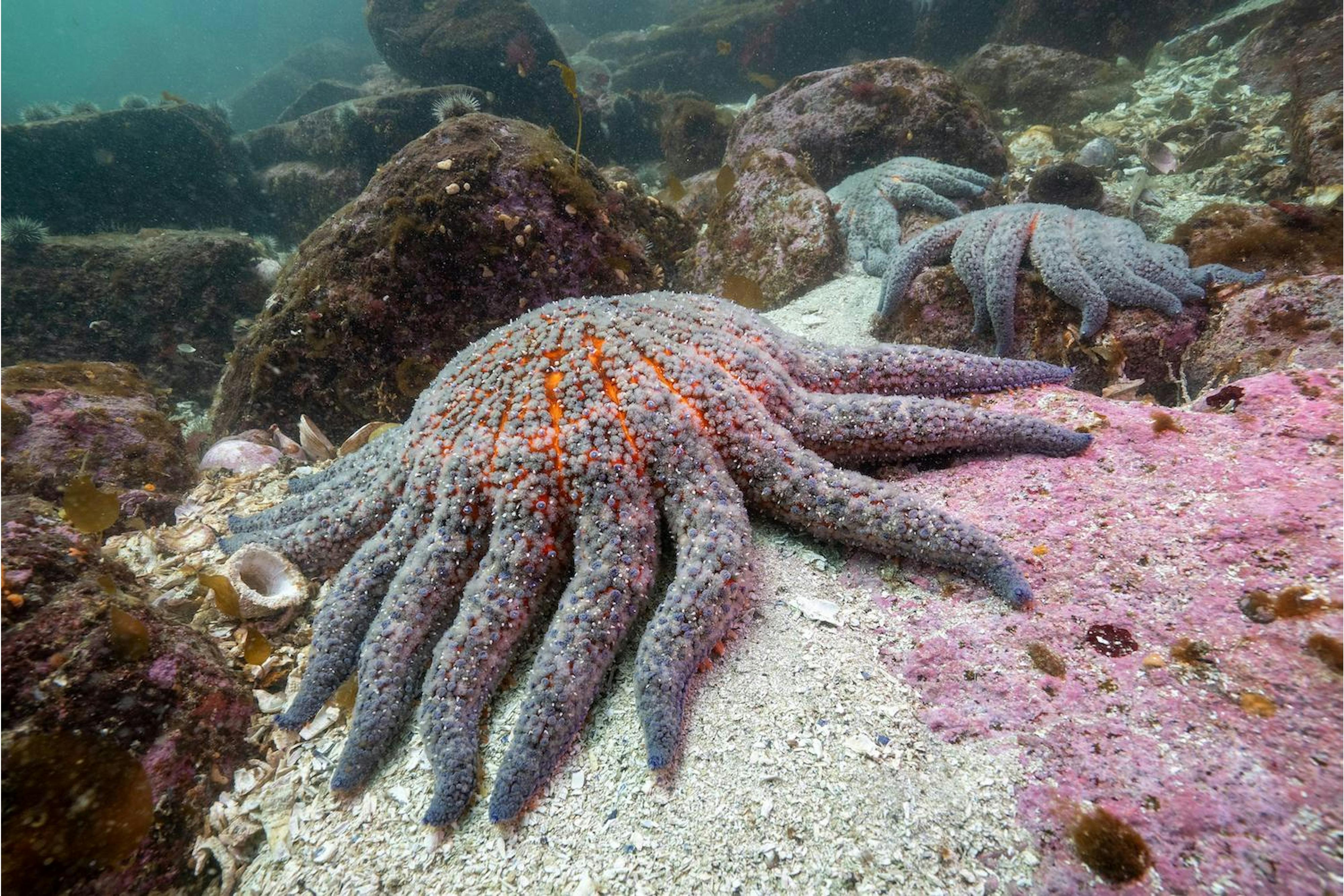An International Response to Short-Lived Climate Pollutants
International efforts to reduce emissions of short-lived climate pollutants (SLCPs) can provide near-term climate change mitigation and improve public health and food security. These pollutants – including black carbon (soot), methane, tropospheric ozone, and hydrofluorocarbons (HFCs) – have relatively short atmospheric lifetimes but a sizeable warming impact on the climate, particularly in the Arctic and other vulnerable regions. For example, a recent major study found black carbon to have a total warming impact roughly equal to two-thirds that of carbon dioxide. Paired with global efforts to reduce carbon dioxide emissions, action on SLCPs offers important opportunities to slow climate change over the next several decades.
To coordinate a collective international effort to reduce emissions, the Climate and Clean Air Coalition to Reduce Short Lived Climate Pollutants (CCAC) was launched in February 2012 by UNEP and the governments of Bangladesh, Canada, Ghana, Mexico, Sweden and the United States. Twenty-one additional countries and 22 additional non-state partners have since joined the Coalition, and the G8 has pledged its support. The CCAC seeks to improve scientific understanding, promote best practices, and enhance and develop emissions reduction strategies at the national and regional levels (learn more at www.unep.org/ccac).
























